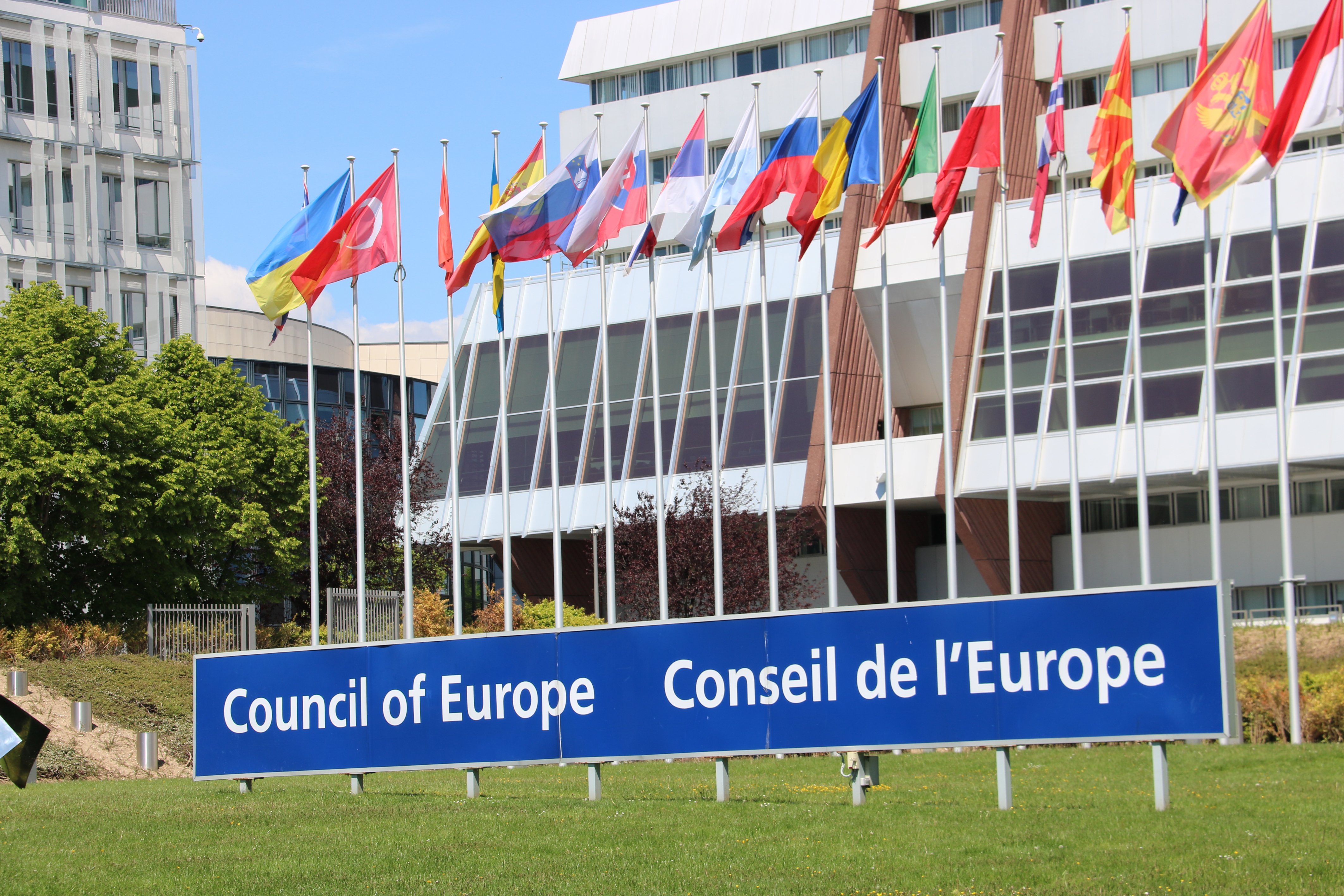A Council of Europe committee has presented a forceful report on the prosecution of elected politicians for making statements in support of proposals in their electoral programmes - such as those who call for independence - and it analyzes the situations in Spain and Turkey. The report, by the Legal Affairs and Human Rights Committee of this leading European human rights body, calls on the Spanish authorities to release, via a pardon or other means, the Catalan politicians convicted for their role in organizing the 2017 independence referendum. It also calls for the abandonment of extradition proceedings against Catalan politicians living abroad which are being pursued for the same reasons, among other recommendations it makes to the Spanish government. The resolution adopted by the committee will now be voted on in the Parliamentary Assembly of the full Council later this month.
This is the second blow in two days received by the Spanish state from European bodies after yesterday, the General Court of the European Union announced that it had decided to temporarily suspend the lifting of the immunity as MEPs of Carles Puigdemont, Toni Comín and Clara Ponsatí, a vote which had been passed by the European Parliament in response to a request from Spain's Supreme Court.
The report published today by the Council of Europe warns, referring to the case of Spain, that "the mere expression of pro-independence opinions is not a reason for criminal prosecution", and emphasizes that, despite that, there are politicians in Spain who have been prosecuted and sentenced to long prison terms for making statements, in the exercise of their mandates, in support of the 2017 referendum.
Reforming sedition and rebellion
In the text, the committee calls on the Spanish authorities to reform the criminal provisions for the crimes of sedition and rebellion - and in particular, it stresses that this should not be done in a way that "undoes the decriminalizing of the organization of an illegal referendum" - since the offence of organizing an illegal referendum was struck from the Spanish law books in 2005 - and nor should the changes give rise to "disproportionate sanctions for nonviolent transgressions".
It also calls on the Spanish authorities to consider the pardon or release of Catalan prisoners convicted with regard to the unconstitutional referendum and the massive peaceful demonstrations related to it; in addition to urging them to consider abandoning extradition proceedings against the exiled pro-independence politicians, and to end court proceedings against lower-ranking officials also involved in the referendum.
They cannot be made to give up their ideas
Furthermore, the report calls on the authorities to refrain from setting a condition that Catalan politicians repudiate "their political views" in order to achieve a favourable prison regime or an opportunity for a pardon, although it admits that they "can be required to undertake to pursue their political goals without recourse to illegal means".
The text warns that politicians need a particularly high level of freedom of expression and freedom of assembly, both in Parliament and when speaking to their constituents, despite acknowledging that there are limits, such as hate speech or calls for the violent overthrow of democratic institutions.
Socialist rapporteur
The Council of Europe report also stresses that, in a democracy, everyone, and especially politicians, must have the right to make proposals that require changes to the constitution in order to be implemented, as long as such change is proposed by peaceful and legal means.
The report was prepared by Latvian Socialist MP Boriss Cilevičs, who has visited the Catalan political prisoners and has made several calls for their release, in particular in connection with the coronavirus pandemic.
In the main image, the Council of Europe / ACN

